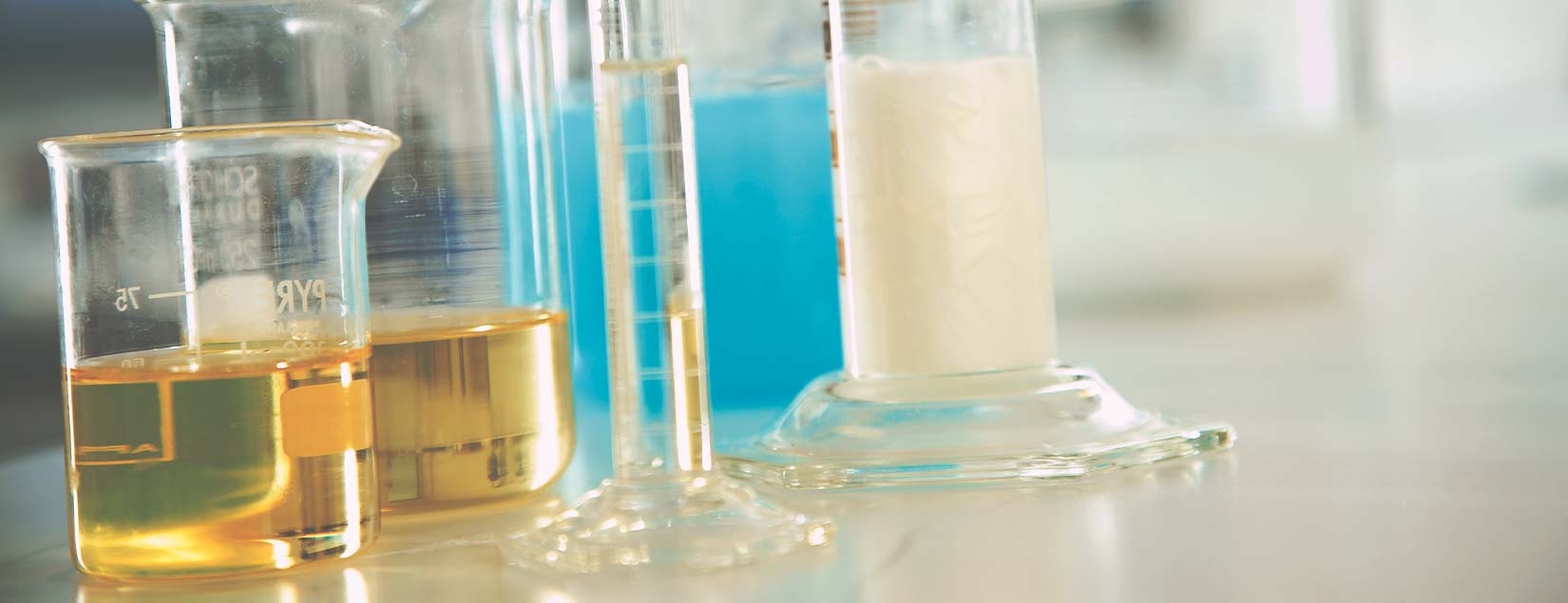
What role do perfumes play in skin care products?
Perfumes are one of the most frequent causes of contact allergies and 26 of them are particularly bad. The EU has comprised a list of these perfumes. If perfumes are used in products, manufacturers are required to state the specific perfume name on the list of ingredients. If the substance is on the list of 26 perfumes that most often cause allergies, it is not enough to simply write “perfume”.
The research into contact allergies from around the world shows that the number of people with perfume allergies is increasing. Including children, young people and men, who were virtually absent from the statistics just 20 years ago. It is entirely due to one thing: How early in life and how often the contact with perfume.
To prevent perfume allergies:
- If possible, avoid contact with perfume. You might decide that perfume is something you only use on special occasions. On your clothes or hair but avoid direct contact with your skin.
- Read product labels before you make a purchase. If you see the words perfume, parfum, parfume, fragrance, flavour or flavor on the list of ingredients, then the product contains perfume. You can also try to smell the product and judge for yourself.
- You should especially avoid leave-on products containing perfume, such as deodorants, creams, moisturisers and perfume sprays. Deodorants are especially bad in this regard.
- Be aware that there are many natural perfumes which can cause allergies. For example, the most allergenic perfume substance is oak moss, which is derived directly from nature.
- Even if you see the words “Contains no synthetic fragrances” on the packaging, there still might be natural allergenic perfume ingredients
How can you be sure?
Choose products labelled with AllergyCertified or the Asthma Allergy Nordic label. They are featured on all Derma products. These labels are your guarantee that there are no synthetic or natural perfumes found in the product.

